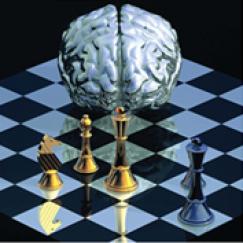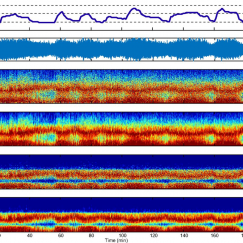





Not merely a restorative process, sleep also has a crucial role in learning and memory. Ongoing studies at the Picower Institute are producing new insights into how memory is processed during sleep and dreaming.

Our desires and fears often govern our actions. Those motivations and behaviors are, in turn, encoded in the brain via circuits that connect different regions. Picower researchers study them in detail to understand how they function and how abnormalities may result in diseases.

What we learn and remember help make us who we are. By studying how these systems arise from the contributions of specific genes, molecules, cells, synapses, circuits and systems, Picower scientists make discoveries about how we retain and make use of experiences in the world. By better understanding how these processes may break down, they generate innovative potential treatments and diagnostic methods for complex developmental, psychiatric and degenerative brain disorders.

We are not only capable of learning and reasoning about complex information, we can exert volitional control over these processes. Research at the Picower Institute includes studies to understand the cells, circuits and systems that allow for these capabilities and how abnormalities can disrupt them.

Whether awake, asleep or under anesthesia, the brain operates in various states of consciousness, often for prolonged periods. Picower researchers study the biochemistry and systems that generate and govern consciousness and arousal both to achieve basic understanding and to improve clinical care.